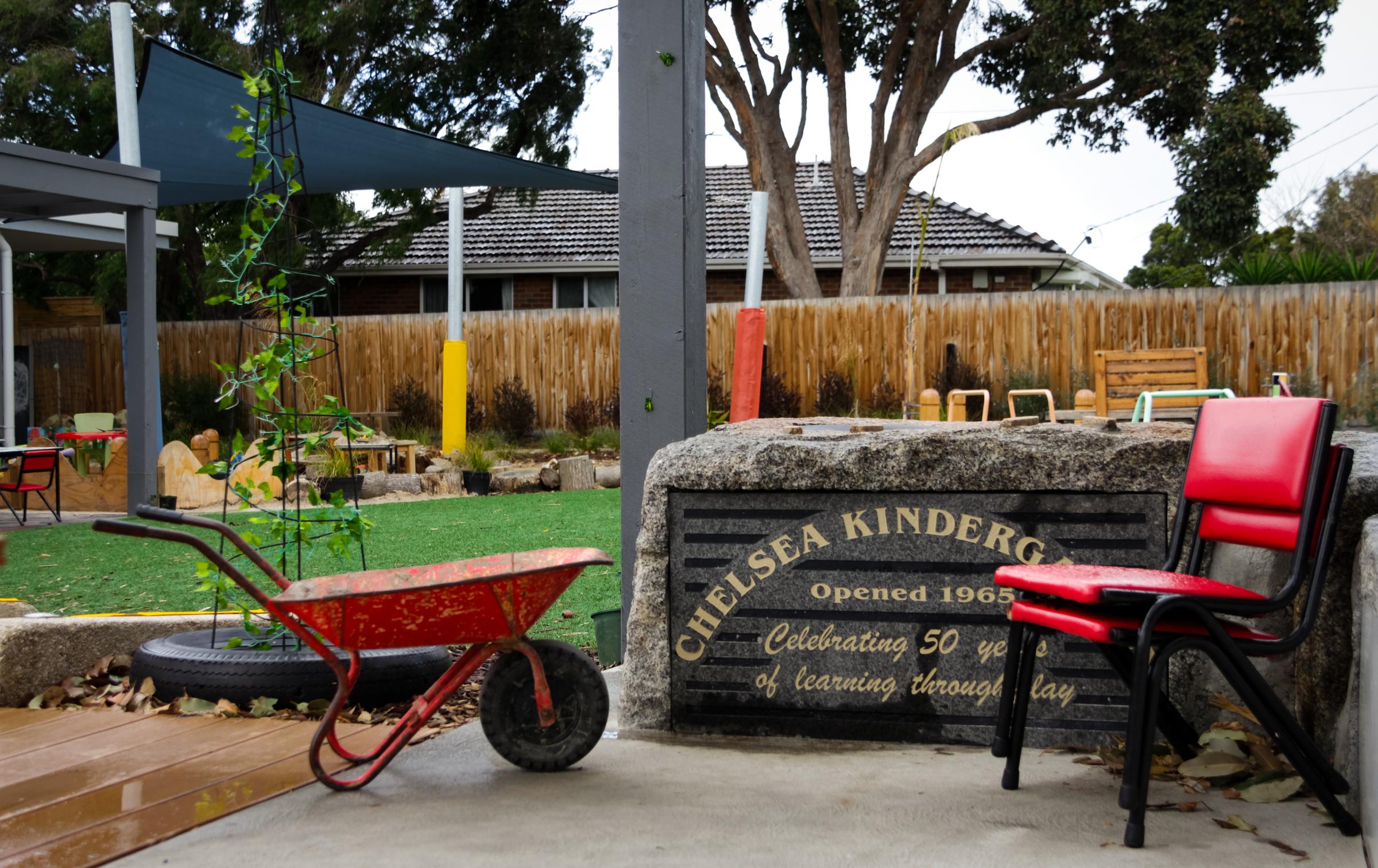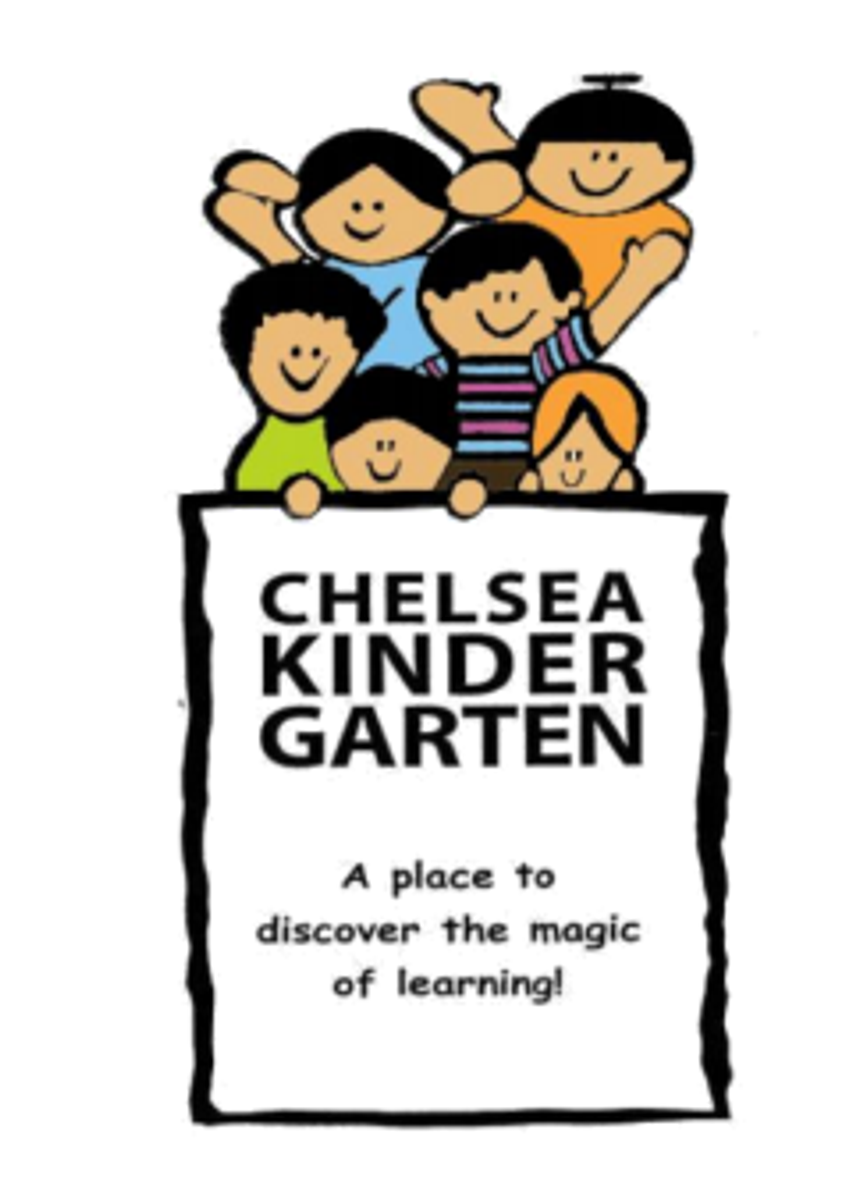GEKA Chelsea

Risk at GEKA Chelsea - respecting each unique child
“Risky play” in early years settings sometimes conjures up images of children climbing very tall trees, sitting at fire pits, balancing precariously on wobbling towers or brandishing woodwork tools or hot glue guns. We like to challenge these stereotypes and value and celebrate each child as unique and capable.
‘Risky play’ is not a one size fits all. As Marc Armitage noted “we often throw around the term ‘risky play’ as though it was a category of play like social play or gross-motor play. But it is not. Taking risks is simply one of the things children do when they are playing and, because a significant amount of playing is about pushing boundaries and extending ourselves, it turns out that most play is risky in one way or another” (Child Links, issue 3/2011).
At GEKA Chelsea we understand the benefits of risk taking as an important tool to develop each child’s sense of identity and agency. Taking risks means something different for all children and is affected by their knowledge and understanding of the world and their own physical and emotional well-being. When engaged in play and taking risks it allows children to feel in control of their actions, learning and play.
Risk taking is possible at our service because we;
- provide a safe environment -physically and emotionally, governed by law, medical and developmental needs and deep knowledge of each child
- always provide close, respectful supervision inside and outside and closely observe and reflect on each child’s interests, strengths and challenges
- plan an indoor/outdoor program, this means we place equal importance on planning learning invitations in both the outdoor and indoor learning environments
- we support our children to recognise safety rules and boundaries for our environment, each other and themselves
We use our group yarning circles to develop social responsibility to Country, our community and ourselves. Holding whole group times in the form of a yarning circle nurtures and enables children to foster respect for one another by valuing each child’s ideas, contributions and accepting difference. This transfers to understanding that one child may take risks by climbing high, another riding a tricycle down a hill or it may be adding the final LEGO brick to the top of a construction.
Respecting each unique child ensures they feel safe when doing so - they know their teachers will be there to indirectly or directly support them. They know their friends will respect their achievements, feelings and fears as well as their personal/emotional well-being. For example they won’t push past them or break equipment.
We support each child to learn their own personal boundaries in a safe, secure environment. This means we closely observe and encourage or intervene only if invited or asked. As Maria Montessori noted “never help a child with a task at which he feels he can succeed”. If we interfere in children’s learning experiences, we take away their confidence to take a risk.
In conclusion, “risky play” at GEKA Chelsea differs for each child and allows them to push themselves to the limits of their capabilities and allows them space to progress. It is fundamental to building self-esteem and is more than climbing tall trees.

